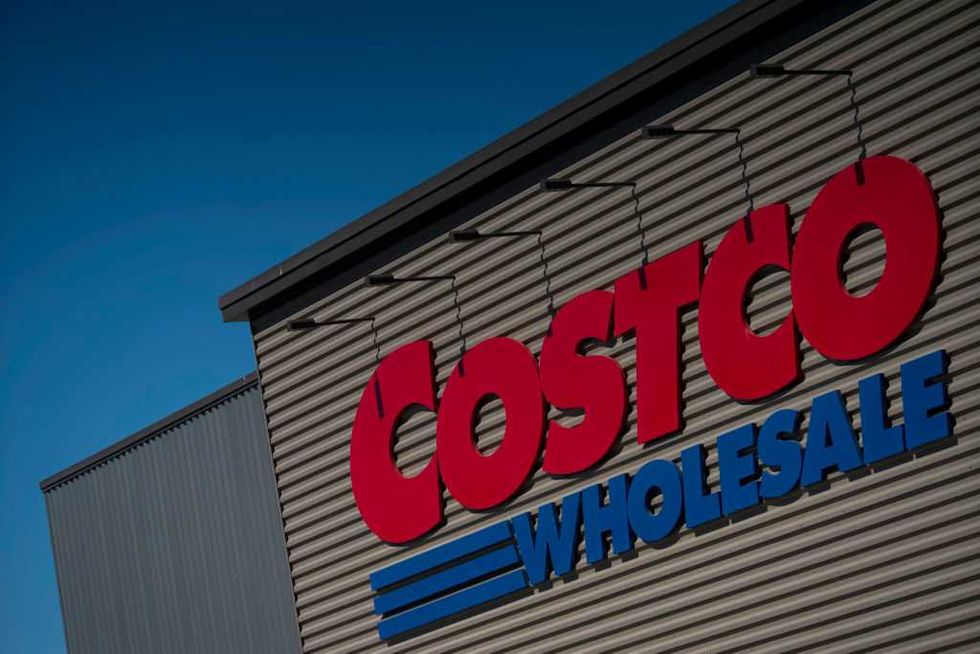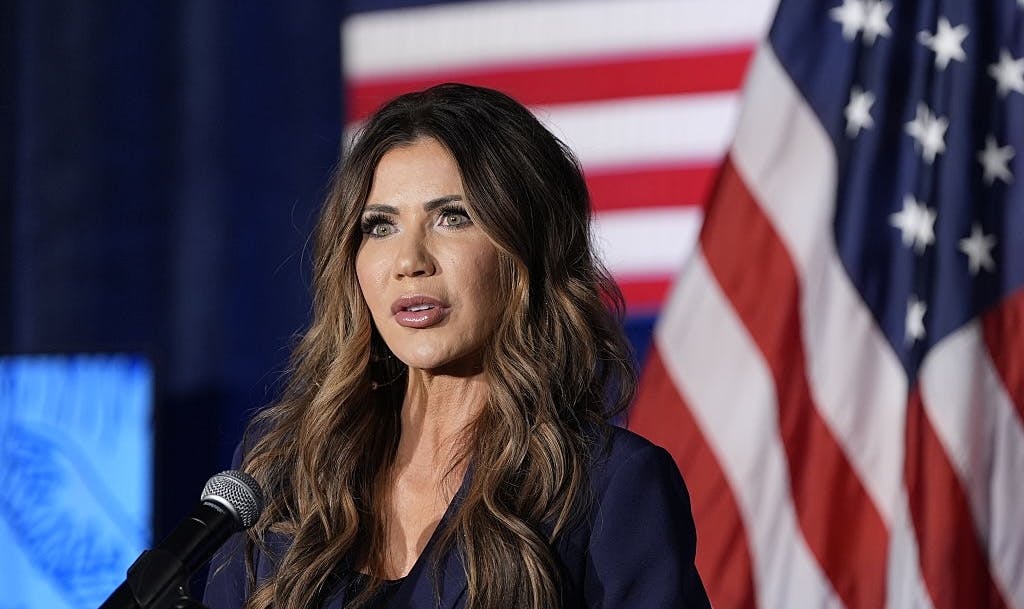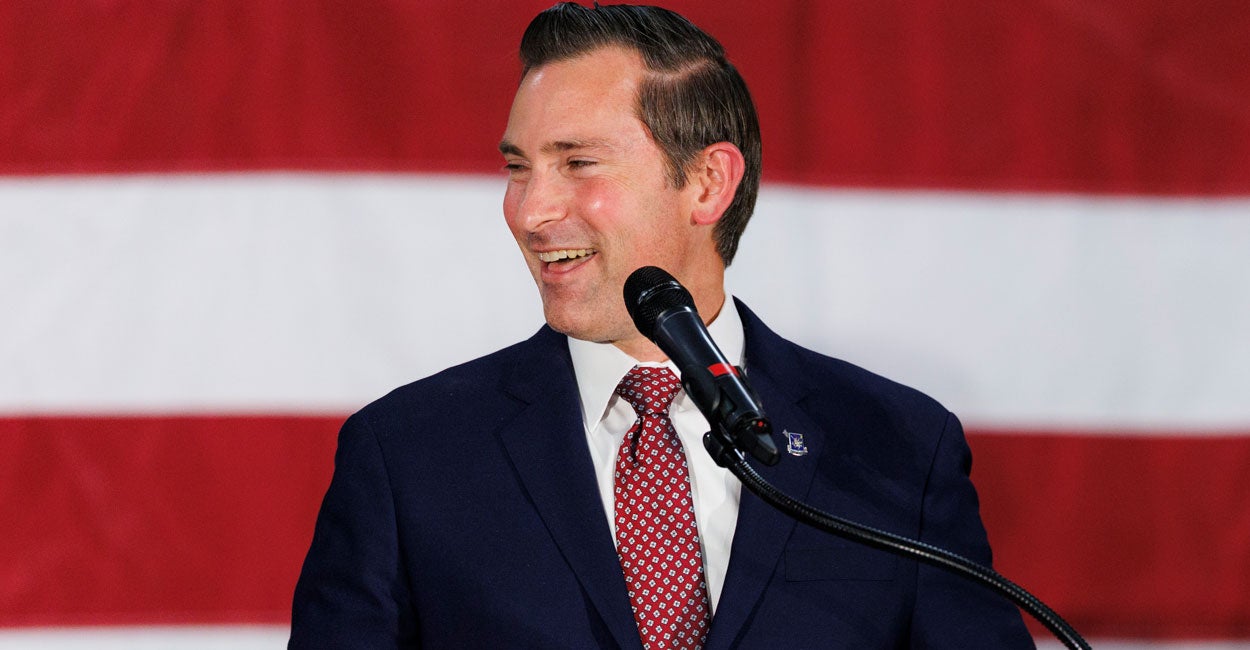What Americans Have To Lose if Meta Wins Its Antitrust Case

The Federal Trade Commission’s antitrust lawsuit against Meta centers on a simple premise: Meta built and maintains its monopoly through anticompetitive practices.
For over a decade, Mark Zuckerberg has pursued a deliberate “buy or bury” strategy that has systematically eliminated meaningful competition.
With the Meta v. FTC case wrapping up at the end of May, the stakes of this court decision couldn’t be higher. If Meta wins, Americans will have to confront a digital future defined by diminished privacy, manipulated information, and compromised child safety—all while anticompetitive practices are legitimized across the entire tech sector.
In a revealing 2008 email, Zuckerberg declared that “it is better to buy than compete.” Zuckerberg followed through on this statement with the acquisition of Instagram in 2012 and WhatsApp in 2014, eliminating two of Meta’s most promising competitors at the time.
But Meta’s anticompetitive practices extend beyond acquisitions. The company has weaponized its Application Programming Interface access to strangle emerging competitors.
When Circle, a local social networking app, gained traction in 2013 with 800,000 downloads in a single day, Meta moved swiftly to cut off its API access. Similarly, when Path, founded by a former Facebook manager, began attracting users, Meta terminated its API privileges, causing Path’s growth to stagnate.
This monopolization has devastating consequences for American consumers and their privacy. Meta’s opening statement slideshow claims their services are “free,” but as the saying goes, when you’re not paying for the product, you are the product.
The real cost is your personal data, harvested on an industrial scale.
Meta’s 2013 acquisition of Onavo illustrates this perfectly. Onavo marketed itself as providing secure virtual private networking services, but it secretly tracked users’ online activity across the internet. After acquiring the company, Meta used this surveillance apparatus to monitor user behavior patterns and identify competitive threats.
This data harvesting practice generates staggering profits for Meta via targeted digital advertising, which made the company $162 billion in 2024 alone. Every status update, every photo, and every comment feeds Meta’s advertising algorithms, and now, with their AI chatbots, even your most intimate thoughts can become data points for monetization.
Without competitive pressure, Meta faces no incentive to improve privacy protections—a fact clearly demonstrated in countless privacy scandals that continue to occur to this day. Although internal Meta documents claim user engagement is unaffected by such scandals, this isn’t because Americans don’t care about privacy. It’s because they have nowhere else to go.
Despite this forced loyalty, Americans’ distrust of Meta runs deep. 2022 internal Facebook surveys show that consumers viewed Facebook as one of the worst brands in the U.S. But because there are no comparable alternatives, this justified skepticism does not lead to market consequences.
And the implications of noncompetitive practices extend far beyond individual privacy concerns. Rather, this company’s unprecedented concentration of information control poses profound risks to democratic discourse.
Today, Facebook alone has 3.07 billion monthly active users, while Instagram has about 2 billion. That means one company’s algorithms now determine what billions of people see, think, and believe.
Meta’s content moderation decisions directly shape public opinion on critical issues—a fact we’ve seen play out in real life. At the Biden administration’s request, Mark Zuckerberg (by his own admission) censored COVID-19 related content and suppressed the Hunter Biden laptop story, effectively shaping how Americans discussed pivotal political issues.
Americans deserve access to information so they can form their own opinions. When a single corporation controls the flow of information to billions of people, and when no viable competitors exist to provide alternative perspectives, the foundation of democratic discourse crumbles.
Perhaps the most troubling is Meta’s treatment of the most vulnerable population—children and teenagers. Without competitive pressure, Meta has repeatedly prioritized engagement and their profitability over child safety.
Former Meta director Sara Wynn-Williams revealed that the company actively identifies when teenagers feel “worthless or helpless or like a failure” and shares this emotional vulnerability data with advertisers. Meta deliberately targets young girls struggling with body image issues with weight loss advertisements, exploiting their insecurities for profit.
The company’s algorithms have recommended children to pedophiliac accounts to boost engagement metrics. Even more recently, Meta’s AI chatbots sent inappropriate sexual messages to minors. These incidents represent a systematic pattern of prioritizing revenue over child welfare.
If Meta faced genuine competition, protecting children would become a competitive advantage because parents could migrate their children to safer platforms, forcing social media companies to prioritize child safety. Instead, Meta’s monopoly position eliminates this market pressure, leaving children vulnerable to exploitation.
Americans deserve better than Meta’s monopoly. We deserve genuine choice, meaningful privacy protections, and platforms that prioritize user welfare over engagement metrics. We deserve a tech sector that embodies the principles of healthy capitalism rather than the illusion of choice. We deserve a digital age that isn’t rotting with consumer exploitation.
The Meta v. FTC case is about just that: preserving the competitive marketplace that has historically driven American innovation and protected consumer interests.
The post What Americans Have To Lose if Meta Wins Its Antitrust Case appeared first on The Daily Signal.
Originally Published at Daily Wire, Daily Signal, or The Blaze
What's Your Reaction?
 Like
0
Like
0
 Dislike
0
Dislike
0
 Love
0
Love
0
 Funny
0
Funny
0
 Angry
0
Angry
0
 Sad
0
Sad
0
 Wow
0
Wow
0











































































